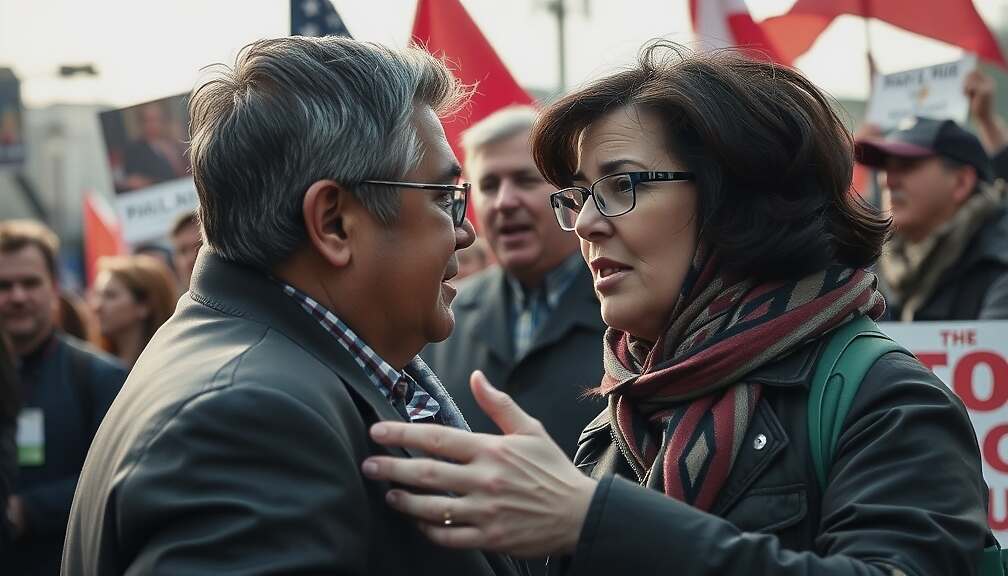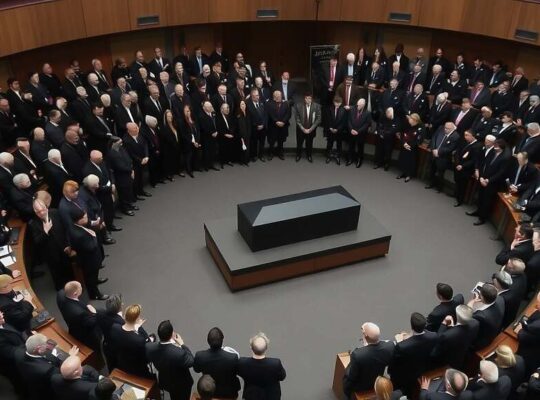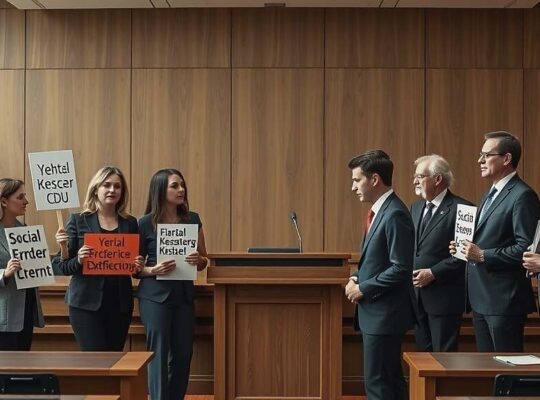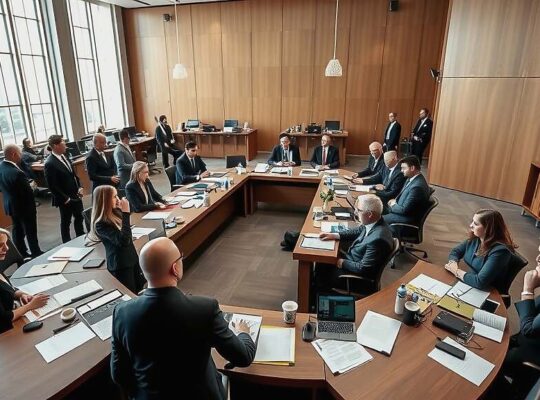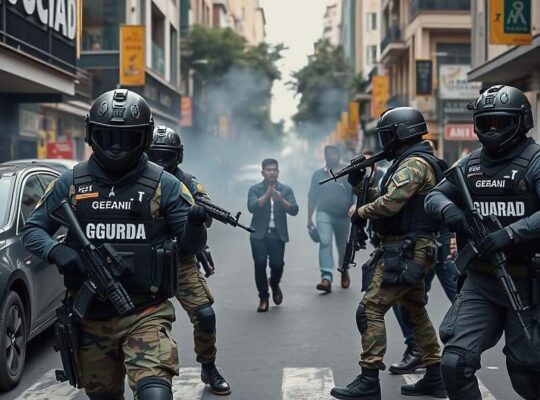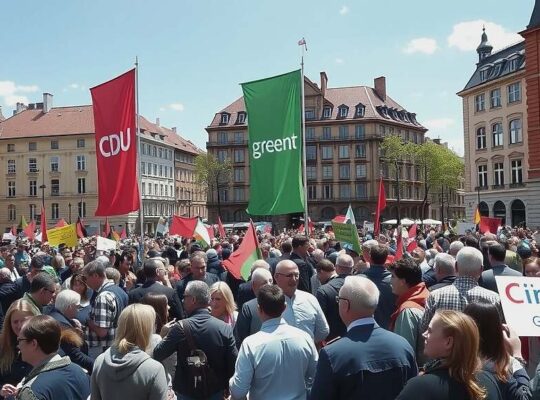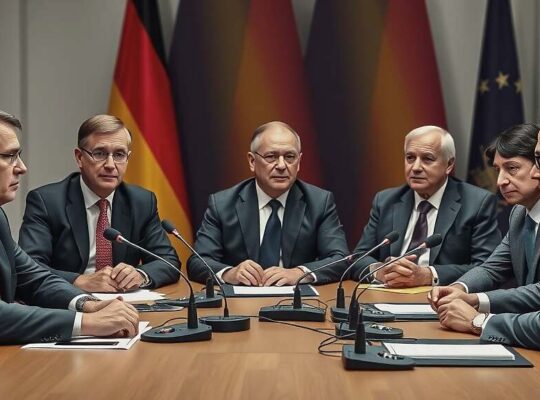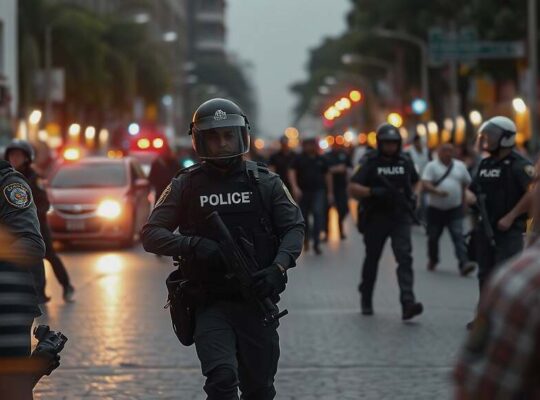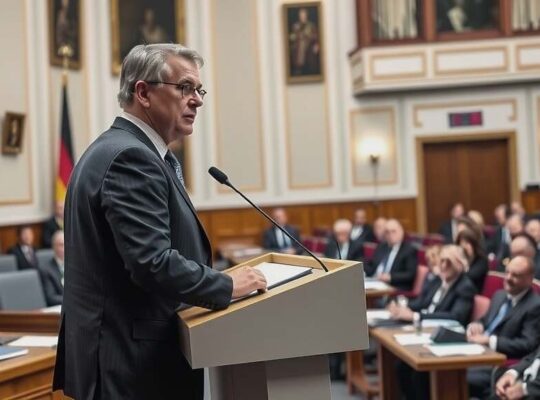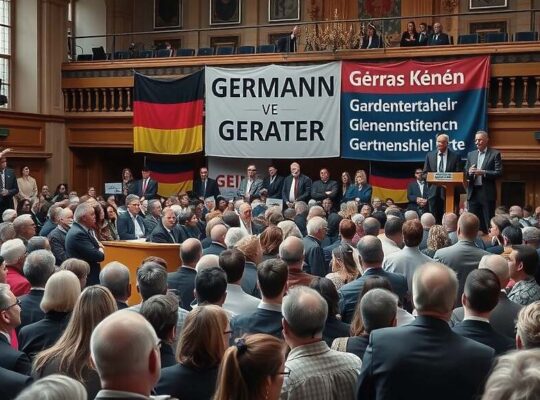The burgeoning political alliance between Sahra Wagenknecht, leader of the newly formed BSW (Alliance for Progress and Justice) and elements within the Alternative for Germany (AfD) is raising significant questions about the stability of Germany’s current government and the integrity of the last federal election. Wagenknecht is aggressively campaigning for a recount of the September 2021 Bundestag vote and has explicitly appealed to the AfD to publicly endorse her bid.
“I call upon the AfD to support a recount” Wagenknecht stated in an interview with “Stern” magazine. The appeal appears rooted in a calculated risk assessment: a BSW entry into the Bundestag would directly challenge the fragile conservative-liberal coalition led by Chancellor Friedrich Merz, potentially costing the AfD a portion of its own parliamentary seats. However, Wagenknecht argues the potential disruption is outweighed by the opportunity to fundamentally alter the power dynamic. She pointedly criticized Merz, suggesting his ascension to the chancellorship lacks democratic legitimacy.
This sentiment echoes within the AfD itself. Stephan Brandner, AfD’s deputy federal chairman and a key figure in the Bundestag’s electoral oversight committee, readily agreed with Wagenknecht’s call. Brandner emphasized the urgency of resolving any lingering doubts about the election’s accuracy and the importance of ensuring the Bundestag’s composition is beyond reproach. While acknowledging a BSW in parliament could negatively impact the AfD’s representation, Brandner presented a seemingly principled stance: “Correct democracy outweighs self-interest.
The implications of a BSW entry and potentially a successful recount campaign, are far-reaching. Wagenknecht specifically highlighted the possibility of finally establishing parliamentary investigation committees to examine the government’s handling of the COVID-19 pandemic and the Nord Stream pipeline explosions – issues that have fuelled considerable public discontent.
Brandner went further, raising a fundamental challenge to the legal basis of Merz’s government. He questioned the legitimacy of the chancellor and the entire governing majority, suggesting that a BSW presence could open the door to contesting all prior parliamentary decisions and potentially destabilizing the ruling coalition. He described a BSW-influenced parliament as “strategically most interesting” implying it would present an unprecedented opportunity to scrutinize and potentially overturn government policies.
The willingness of the AfD to publicly support Wagenknecht’s recount initiative, despite the potential cost to their own parliamentary representation, signals a deepening tactical alignment between the two parties. Critics argue this represents a deliberate effort to undermine the existing political order, regardless of the consequences for democratic norms and institutional stability. The episode exposes the fragility of the current government and the potential for unexpected alliances to reshape the German political landscape.


